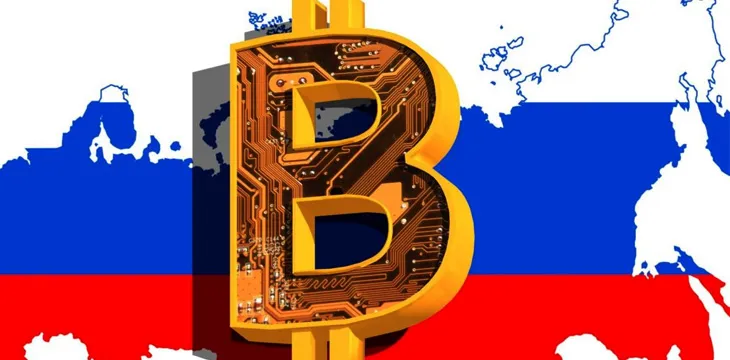|
Getting your Trinity Audio player ready...
|
The initial coin offering (ICO) market continues to take a beating with news surfacing about scams and heists almost on a daily basis. The latest revelation comes from Russia, whose Russian Association of Cryptocurrencies and Blockchain (RACIB) reported that around half of the ICO funds in the country that were raised in the past year—amounting to $300 million—have gone to pyramid schemes, according to news.bitcoin.com.
Russia, however, has been taking steps to minimize the problem as it continues to build a blockchain community and environment that expects to move forward in the coming years to become one of the best on the planet. RACIB, the organization representing the crypto community, is working hard on an ICO standard that should assist potential investors distinguish between fraudulent schemes and proper projects. Russian ICOs account for no less than 10% of the global volume of ICOs, according to reports.
The RACIB revealed that no less than $150 million were raised by Russian pyramid schemes through ICOs in 2017 alone. However, that’s only the tip of the iceberg since Russian projects are expected to attract a staggering $1 billion to $1.5 billion in 2018—that’s over five times as much as in 2017 if the latter figure is taken into consideration.
The cryptocurrency community in Russia strongly believes that the country should benefit from such funds. There are two factors which the RACIB are considering that could harm the local ICO market: excessive regulation, which may force those Russian companies to go to other jurisdictions that might view the ICO and crypto market more favourably; second, the large amount of fraud situations going on undoubtedly have had a bad effect on potential investors who are now shying away from such investments. The work done by the RACIB to create the much vaunted ‘ICO Standard’ could also assist in mitigating such negative effects.
Amongst the proposals vaunted by the RACIB is for startups offering a coin to be judged across several criteria, including the credibility of those businessmen who are making the actual offering. There will also be checks for the white paper of the project and an actual roadmap for the ICO, which has to be a credible one in all departments. There will also have to be a minimum rate of return for any investment made. There also appears to be consensus on the part of the authorities that self-regulation is necessary for the ICO industry to move forward.
With the World Cup just around the corner and a potential $2 billion inflow expected—some of which may come from cryptocurrencies, Russia is anxious to put its house in order so as not to miss out on what could be a great source of revenue for the state.

 07-05-2025
07-05-2025 





